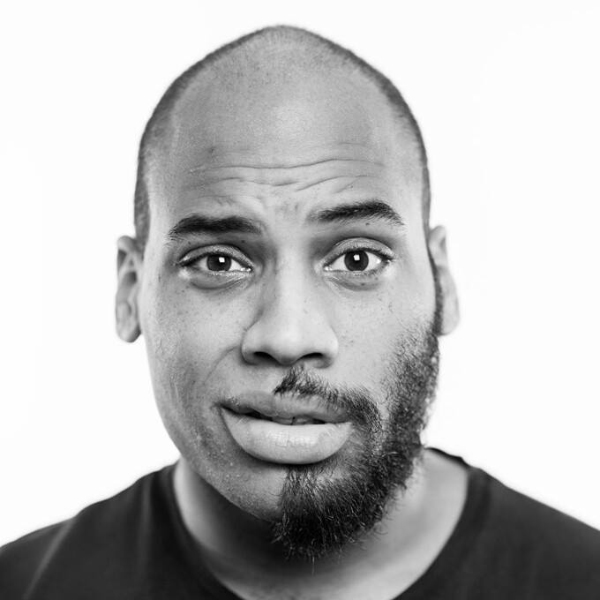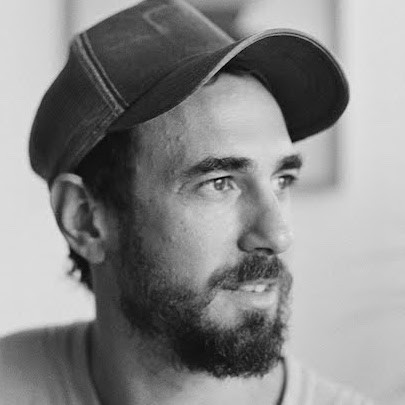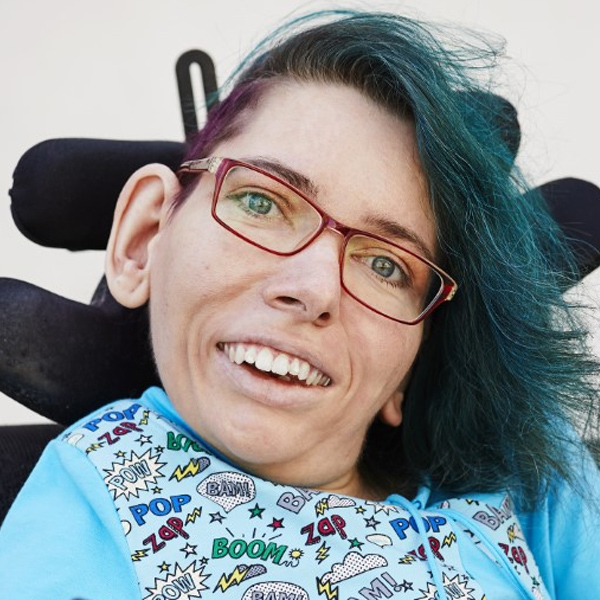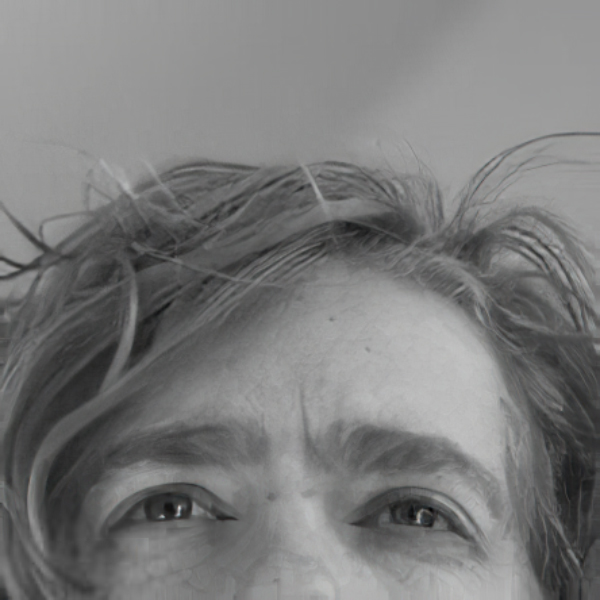The online edition of #GAconf Europe 2021 was held on 11th-12th April across Zoom and Discord.
ALL PREVIOUS CONFERENCES


Some implicit and explicit accessibility features can work in every First Person game. No matter the gameplay. In this talk we will discuss what are those and the best ways to implement them.

This presentation reports on a new multi-method study combining qualitative and quantitative user research from blind and partially sighted people and an industry consultation. While the gaming industry has focused on making video games accessible, many blind and partially sighted gamers reported major accessibility issues.
The study shows that while most platforms offer an accessible environment with support for access features, like screen readers and subtitles, these features are not universally available within games and there is a significant gap to bridge. The research assesses:
– How accessible gaming is for people living with vision impairment
– The opportunities and challenges industry encounters in developing accessible games

Planning, running, and advocating for accessibility research comes with numerous challenges, no matter how big the studio. Inger, Mark, Nikka, and Pierre-Antoine share stories from their collective experience working in user research and accessibility and provide insight into the best practices and solutions they’ve learned along the way.
![]()
Accessible gaming adventures from the Netherlands

In this presentation revolving around the 2021 update to Hellblade: Senua’s Sacrifice, learn how the teams at Ninja Theory and Xbox approached creating a replicable general framework for making accessibility features an integral component of game product descriptions.

The ‘DevKit’ is a series of videos created for game developers who are looking to improve the motor accessibility of their game. This talk will share some background on the creation of the Devkit and will also help those interested to get started using it.

A brief discussion on the difficulties of interactions and behaviours that may be problematic for those on the spectrum when attempting to make connections, and the tools we overlook that can help us navigate uncomfortable situations in the gaming world.

A quick dive into the adaptations used by three regular gamers at Everyone Can’s Accessible gaming centre. Each gamer will help to demonstrate how far from the default control scheme games can and sometimes have to be pushed, but also to highlight new technologies and the impact they are having. This talk is intended to be a positive reminder of progress made as well as influence design choices for games and their peripherals.

In this presentation, Ryan will talk about the Forza Horizon 5 team’s strategies for keeping accessibility a top priority through a multi-year development cycle, and describes some of the challenges the studio faced in creating Sign Language support features.

A walkthrough of the design process of the audio-based mechanics in the game Blind Drive. What the challenges are in designing an audio-only game, and insights on best practices for designing accessible audio.

This talk tells the story of how Skye Tales went from 0 to 40+ accessibility features over the course of 4 months; what else could we have done if we considered accessibility earlier? We’ll show what worked and what didn’t, and how successful we were in the end, giving indie developers examples to learn from in their own accessibility journey.

Many popular video games release with a vast array of accessibility options and features, whereas others offer very few? Why is that? Why do some developers experience more challenges to making accessible games than others? Through detailed interviews with a variety of game developers I hope to generate a better understanding of the barriers and challenges to making accessible and inclusive games. By identifying those barriers and understanding why they occur, I also draw attention to various avenues through which we might be able to reduce or remove the barriers to developing accessible games.

Join Amy, James, Felicia and Matthew, a group of low vision gaming experts as they discuss their experiences as blind gamers. The panel meanders through, and sometimes unintentionally dives into, topics from defining low vision, to challenges, and positive developments, falling off things in games of any genre, and our excitement and aspirations for the future.


Despite 5-10% of the world having Dyspraxia, it’s surprisingly not very well known. Please allow me to educate on not just Dyspraxia, but Dyslexia & an even less known disability: Irlen Syndrome.

When developing an accessibility framework one thing that sounds very dull and tedious is policy. But when it comes down to it a well structured and managed policy, with the weight of the executive behind it, can be one of the most powerful catalysts for permanent change within any organisation.
This session will explore how policy can be used for the power of good, how it can be a map for inclusive design and development within any organisation, and how and why it needs to grow.

You don’t wake up one day and think “I’ll be an advocate”, do you? Melanie will take you on a journey through her years of being an accessibility advocate. How she accidentally started advocating and how that made her grow into this role and as a person.

Building a successful champs program isn’t just about building a network of accessibility advocates, it’s about building a community. In this talk, Tara will highlight some of the lessons that accessibility leaders can learn from the gaming industry’s community managers to build successful programs and ensure that you’re growing your champs from just members of a program to accessibility advocates themselves.

How can we turn intent into impact? How can we embed accessibility at the core of our games? What does an integrated accessibility strategy look like? Multiplayer AAA games are incredibly complex products – developed in non-linear ways, often at pace, by groups of people with distinctly different priorities… so how can we ensure a replicable, considered and effective approach to delivering experiences that are accessible? Learn from my mistakes, the successes of others, and maybe come away with something you didn’t know before. Maybe.